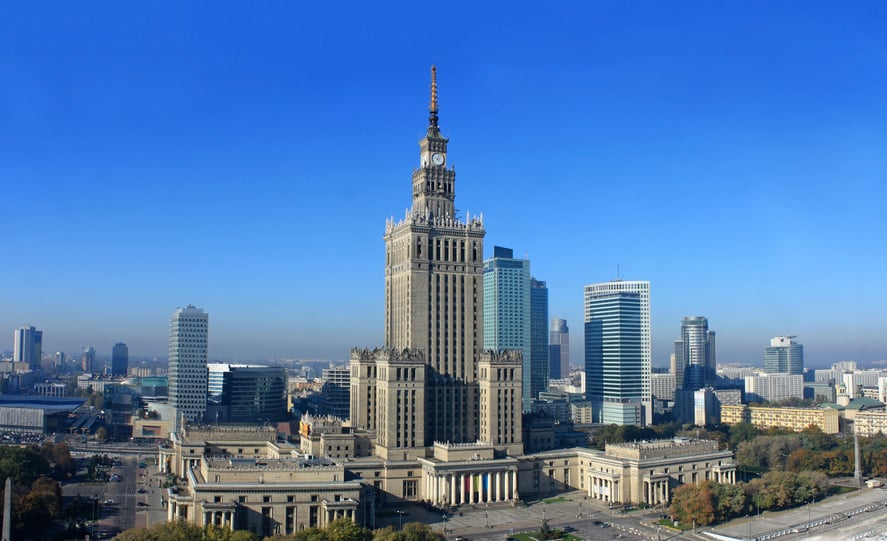In brief
On 30 June 2021, the largest amendment to the Act of 12 May 2011 on Reimbursement of Medicinal Products, Foodstuffs Intended for Particular Nutritional Uses and Medical Devices (“Reimbursement Law“) was published for public consultations until the end of August (“Draft“). The Draft is intended to enter into force within three months of its publication; however, it is difficult to predict how long the legislation process will last.
Comments
Due to the very wide scope of the proposed amendments, which have rather negative consequences from the point of view of patients and pharmaceutical companies, almost all industry organizations have jointly signed a letter asking the minister of health (MoH) to cease working on the Draft in its current form. It is difficult to predict how the MoH will react, but it should be assumed that the process will continue.
In more detail
Payback
- The Draft envisages important changes to the payback-related regulations significantly increasing the chances for such payback to finally occur (since the Reimbursement Law came into force in 2012, the annual budget for reimbursement, triggering payback, has never happened).
- Reimbursement decision holders will be obliged to pay 100% of payback — currently, payback is shared 50-50 between decision holders and the public payer.
- Risk sharing schemes will no longer be exempt from the payback obligation.
Key changes to general rules regarding reimbursement proceedings
- The MoH will automatically refuse to reimburse products if the cost of quality adjusted life year (QALY) level exceeds six times the amount of GDP per capita.
- Risk sharing schemes could be agreed for a period of up to 10 years, meaning that they could remain in force even after the expiry of the reimbursement decision. This means that certain obligations imposed on decision holders may remain in force even though they no longer benefit from reimbursement in Poland.
- MoH will become fully responsible for adverse effects related to products reimbursed off-label (which happens ex officio, there is no application procedure).
- No prescription-only (Rx) products having over-the-counter (OTC) equivalents would be reimbursed (at present, this is possible if they require a therapy exceeding 30 days).
- Entities manufacturing medicinal products in Poland or medicinal products made of active substances manufactured in Poland will be entitled to certain benefits, including, exemption from payback, longer reimbursement decisions validity periods, faster reimbursement proceedings, as well as reduction of patients’ charges by up to 15% (cheaper drugs).
- Negotiations of reimbursement decision will be divided into three rounds with the Economic Commission and only one additional round with the MoH (currently, pharmaceutical companies negotiate with the MoH for many months, which allows to finally strike the right balance).
- An applicant could no longer suspend the reimbursement process.
- All the analyses filed along with the reimbursement application will be valid for one year, after which the MoH will call the applicant to provide the new ones within 30 days; otherwise, the reimbursement proceedings will be canceled.
- The MoH will create the descriptions of drug programs and the applicant will only be consulted (non-binding).
Key changes in pricing and limit groups regulations
- The first reimbursement decision issued after the expiration of market exclusivity or patent protection or supplementary patent protection (SPC), whichever occurs first, will trigger an automatic price decrease of 25% (currently, it is only linked with market exclusivity).
- The renewals of reimbursement decisions containing risk-sharing schemes decreasing the official sales price (i.e., creating an effective price) will no longer refer to the official sales price but to such effective price. This means that the price reductions may be greater than they are now.
- The Defined Daily Dose (DDD) cost of the medicinal products available in pharmacies (except for the ones manufactured in Poland or made from active substance manufactured in Poland) could not exceed 150% of the DDD cost of the product constituting the limit basis in a given limit group or 150% of the DDD cost of the cheapest equivalent in case of different active substances.
- New regulations will allow the MoH to create even larger “jumbo limit groups” and change them during the reimbursement decision validity period.



